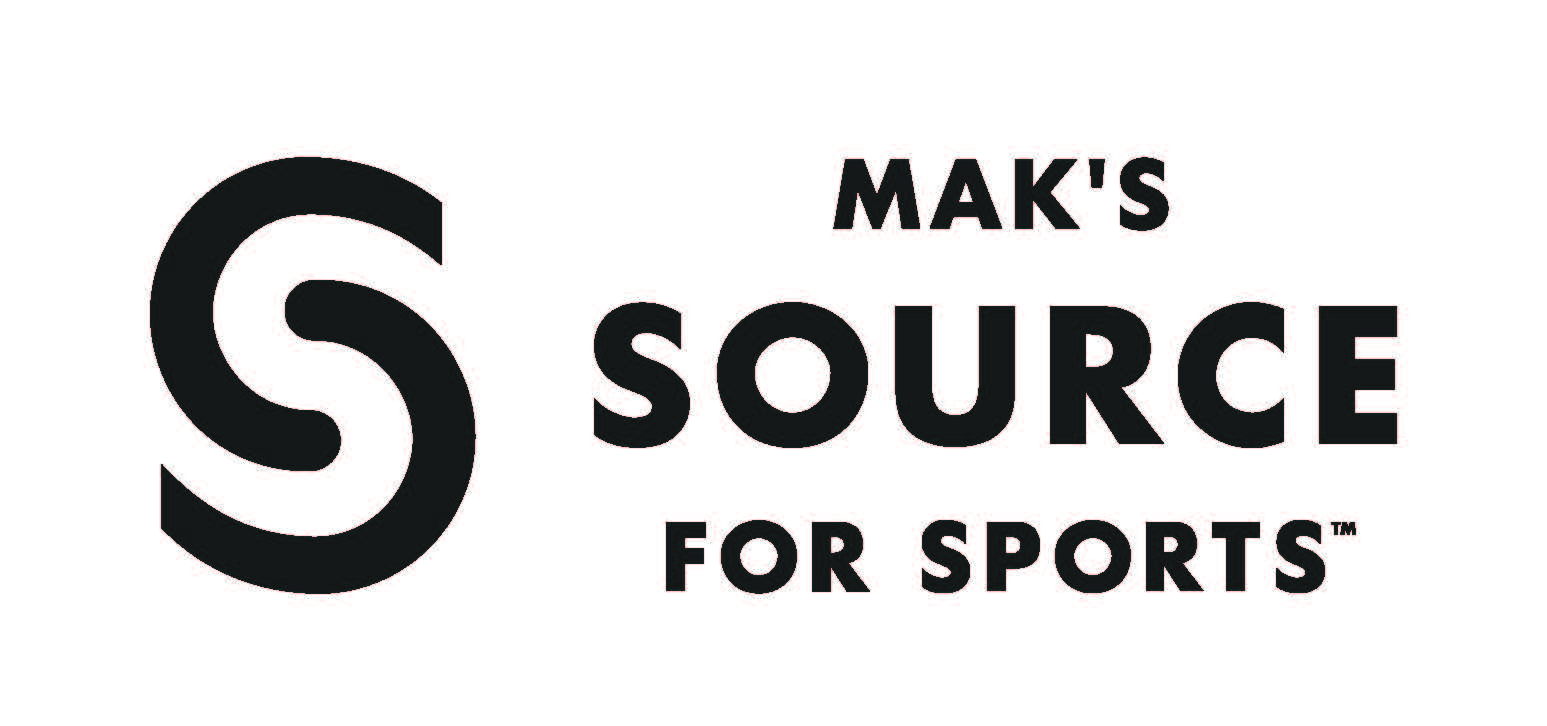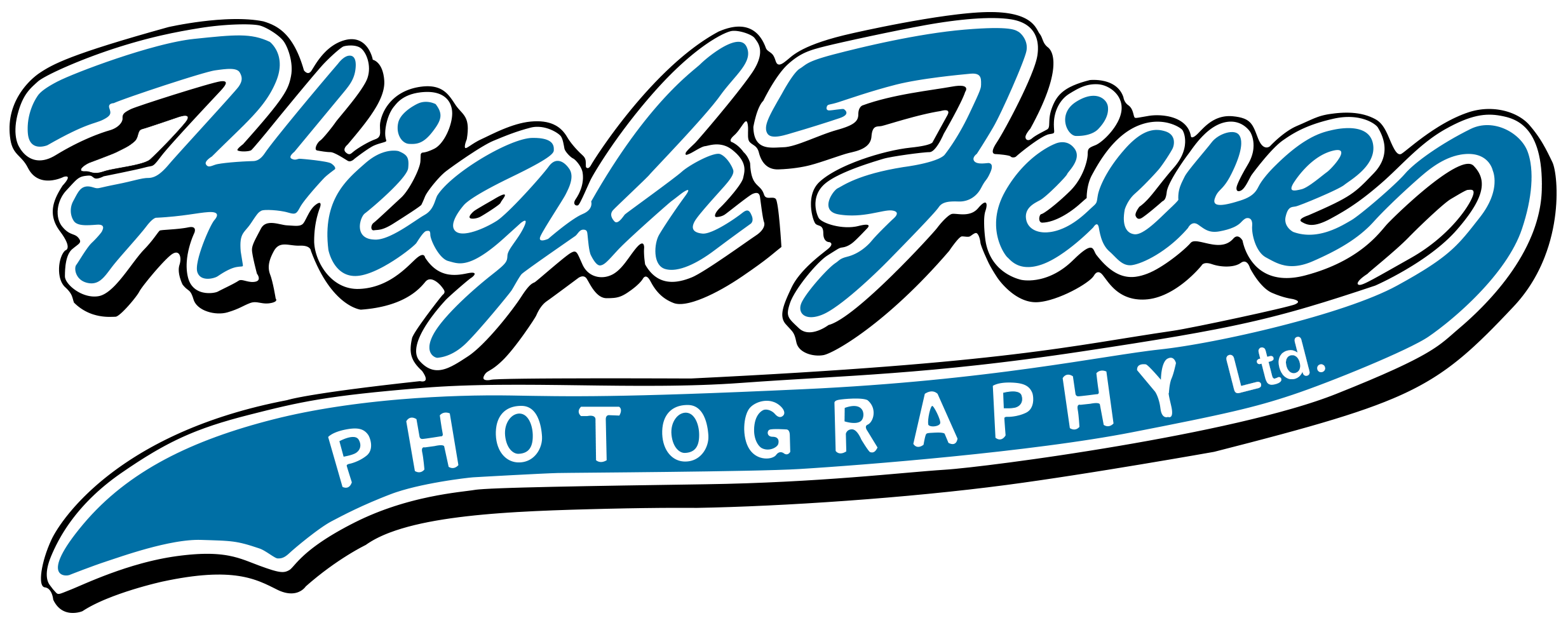Parent Liaison
Parent liaisons provide a communication link between parents and coaches during the hockey season. Parent liaisons are listeners and communicators.
They are available to parents to hear their concerns and bring these forward to coaches accurately and in a calm, clear manner. By doing this, parent liaisons can help resolve conflicts and problems. Depending upon their interests, abilities, time and the support they receive from parents and coaches, a parent liaison may also help out with finding solutions to issues, mediating conflicts and improving general team communications.
A parent liaison’s most important duty is to be a good listener.
What does it mean to be a good listener?
We are listening when we are interpreting, assisting, understanding and responding. Active listening is hard work. It takes concentration and attention. Good listening is really “active listening”
Active listening - The key points
When you are listening:
- Resist distractions and give the speaker your full attention.
- Concentrate, put other thoughts temporarily aside in order to understand what is being said.
- Listen to all that the other person has to say rather than tuning-out halfway to plan a response.
- Avoid making judgements about what the speaker is telling you.
- Listen to what that person is really saying.
Confidentiality
All parents have the right to ask their parent liaison to discuss any problems with the coaches anonymously. Parent liaisons are expected to maintain a Code of Ethics of confidentiality.
Letting people know you've heard
Tell people that you have listened and understood by paraphrasing. Paraphrasing is not merely repeating. A paraphrase is a summary that includes the speaker's main points and feelings. A good paraphrase will:
- Focus on what was said
- Reflect only the essentials
- Include a description of the speaker's emotions, but NOT the more "descriptive" words that they used. For example, you do not have to use profanity in your paraphrase.
Parent liaison tip: A good paraphrase is important because you can use your paraphrase to tell a coach about a problem.
Paraphrasing in Action
An angry parent approaches a parent liaison after a game:
"What is that coach's #$%! problem! He short-shifted my daughter for the entire third period. I know the team was behind, but that's no excuse! He told us at the start of the year that shifts would be equal no matter what the score was. That guy is a #$%! liar!"
The parent liaison's paraphrase:
"You're angry because your felt your daughter was short-shifted in the third period. You suspect it was because the team was behind, but you remember the coach making a commitment to keep the shifts equal regardless of the score. You think he broke his word."
How the parent liaison might bring this to the coach:
"One of the parents raised a concern with me this afternoon. He felt that the shifts were not equal in the third period. He wanted me to bring this to your attention. Do you have a moment to hear how he saw the situation?"
You are approached by a parent with a concern. What do you do?
First and uppermost, USE YOUR LISTENING SKILLS.
- Find a private location to discuss concerns so as to ensure confidentiality.
- Concentrate on what the parent is saying.
- Make sure that you are clear about the nature of the problem. Ask questions if you are not.
- Paraphrase, or summarize, to make sure that the parent agrees that you understand the nature of their concern.
Ask the parent:
- What is the main point, or points, that you want the coach to understand about this situation?
- How do you feel this problem could be resolved?
- What do you want me to do with your concern?
Remember the 24-HOUR COOL DOWN principle
It's simple…many of the problems we get so excited or angry about do not seem so important when we've had time to "cool down" and think matters over. Parent liaisons may find themselves listening to angry parents right after games or practices. In these situations, you may want to suggest the parent take a day to think things over and speak to you again before the issue is brought to the coach.
Parent liaison tip: Write things down! Don't leave important events to memory. The hockey season runs for several months. Important facts, dates or situations that you think you can remember now, may slip from memory in a few weeks.
Discussing conflict with the coach
No one likes hearing criticism. A common response to criticism is to dig in and defend our actions. Such a response almost never leads to a situation where problems can be resolved. As a parent liaison, your role is to bring coaches problems in a way that they can look at the problem productively. One of the ways a parent liaison can help with this is to bring parents concerns to coaches without the emotion and anger they may have originally expressed to you.
Parent liaison tip: Don't talk to your coach only about problems. Take every opportunity to pass on good comments you may hear about the team.
For all Parent Liaison volunteers, thank you for your time and effort in this role.
Please familiarize yourself with the AAGHA guidelines regarding the complaints process PRIOR to beginning your role as Parent Liaison.
Please contact the Community Outreach Director if you have any questions or concerns regarding the Parent Liaison Role. We are here to support you as needed.



